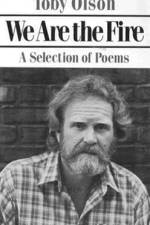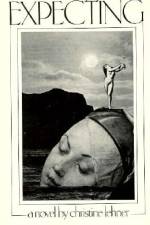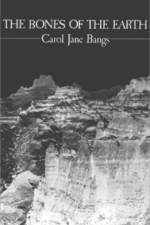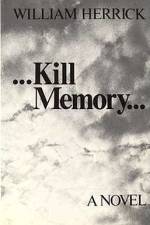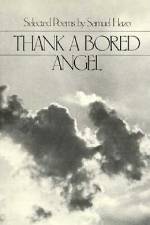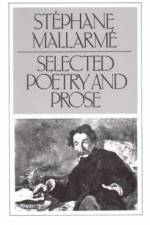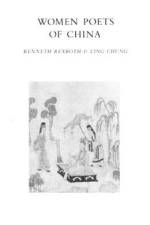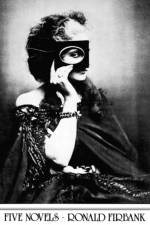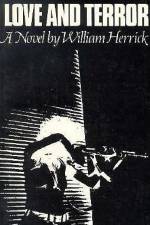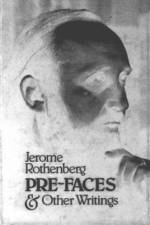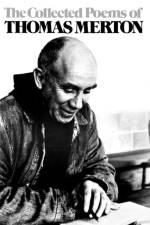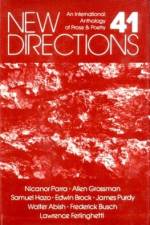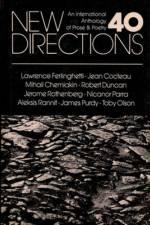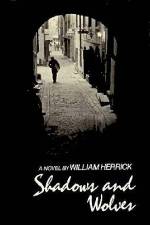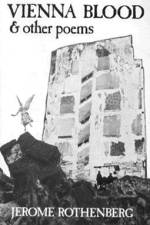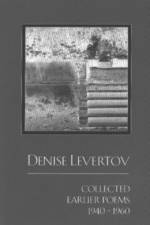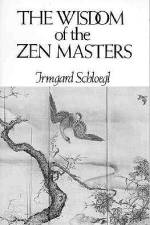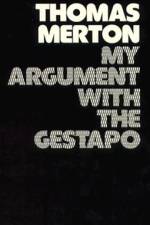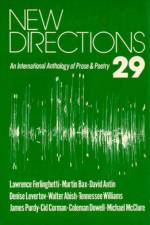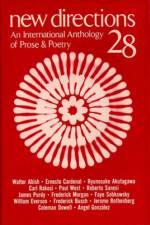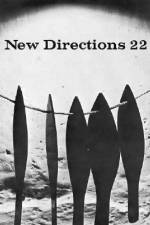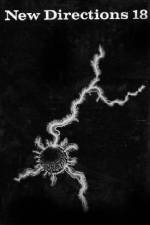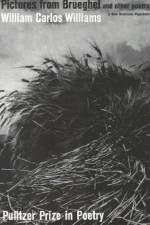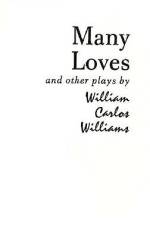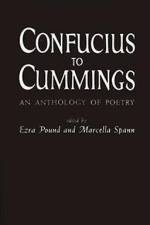av Jerome Rothenberg
117
The title of Jerome Rothenberg's newest collection suggests jazz, blues, and above all the Dada movement in European art and poetry in the years immediately following World War I. "In my own world," he explains in his pre-face to That Dada Strain, "the Dada fathers who inhabit the opening poems of this book are necessary figures, & to summon them up along with their legends is no more erudite than to summon up Moses or George Washington or Harpo or Karl Marx, & so on." For Rothenberg, the Dada connection, his looking back to Dada founders Tristan Tzara, Hugo Ball, Kurt Schwitters, and Francis Picabia, is especially apt, emphasizing as it does a "strain" that is echoed and replayed throughout all his work, whether it be oral poetry, ethnopoetics, translation, or the assembling of innovative anthologies.Following the title section is "Imaginal Geographies," a group of poems that draw largely on the poet's private self, his own language and perceptions, in much the same way that the Dada poets recorded associations between images for which no key was readily available. In the third and final section, "Altar Pieces," Rothenberg attempts, as he says, "to return to the world in which human beings still suffer both the loss of bread & words."Jerome Rothenberg's previous books of poetry with New Directions include Poland/1931 (1974), Poems for the Game of Silence (1975), A Seneca Journal (1978), and, most recently, Vienna Blood (1980). Pre-Faces & Other Writings, his first collection of poetics, was awarded the Before Columbus Foundation's American Book Award for 1982.

